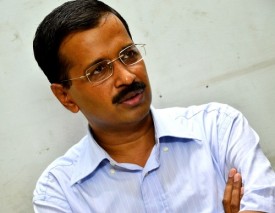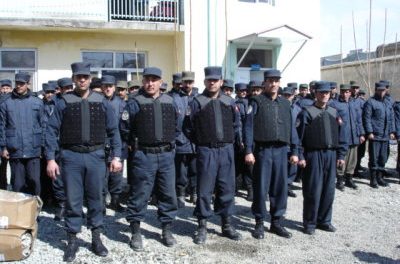11 February 2015
Arvind Kejriwal’s Aam Aadmi Party (AAP) won 67 out of 70 seats. This is a victory for the anti-corruption movement in India. Bharatiya Janata Party (BJP) got 3 seats and the opposition Congress party did not get even 1 seat.
Kejriwal made a stunning debut December 2013, but he did not have the absolute majority needed in the chaotic city’s assembly. So he resigned after only 49 days in power over a crucial anti-corruption bill.
During the campaign he told the people that he made a mistake in quitting his post in haste. People believed him and have now given him the absolute majority.
In the 2013 elections got only 32 out of 70 seats. So this time BJP conducted an energetic campaign against Kejriwal. The Prime Minister Modi himself led the campaign, supported by two dozen federal ministers and 120 members of parliament. People of Delhi did not take kindly to the introduction of former police chief Kiran Bedi, an “outsider”, at the last-minute as the Chief Ministerial candidate. Once Bedi and Kejriwal worked together as anti-corruption campaigners, but the two have since developed an intense rivalry.
Kejriwal’s victory will give momentum to anti-corruption drive in other states in India.
As Kejriwal settles down in his post as Chief Minister in the coming weeks, he will be gearing up for the first confrontation with the Central government over the jurisdiction of the proposed jan lokpal (anti-corruption bill) and the city’s anti-corruption branch. One of the early decisions Modi government took In last July was to strip the powers of Delhi’s anti-corruption branch, which reported to the Chief Minister. Anti-corruption branch had the power to probe central agencies such as the Delhi Police, Delhi Development Authority (DDA) and the municipal corporations. There is no way Kejriwal will let this decision go unchallenged. In the coming weeks there will be a confrontation with the central government on this issue.
Changes in the Delhi government will have a salubrious effect for anti-corruption drive in other states of India in the coming years and certainly before the next general elections.














